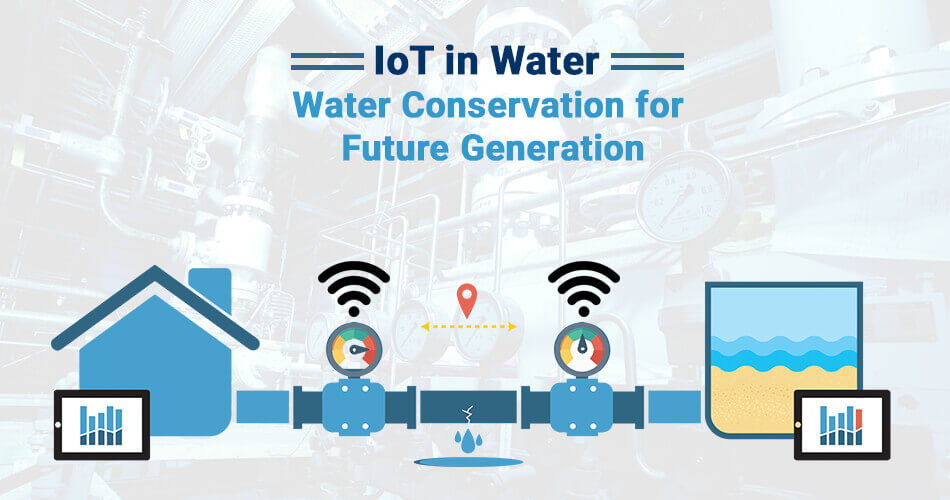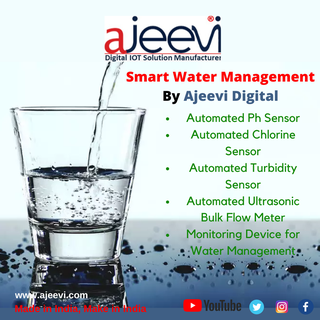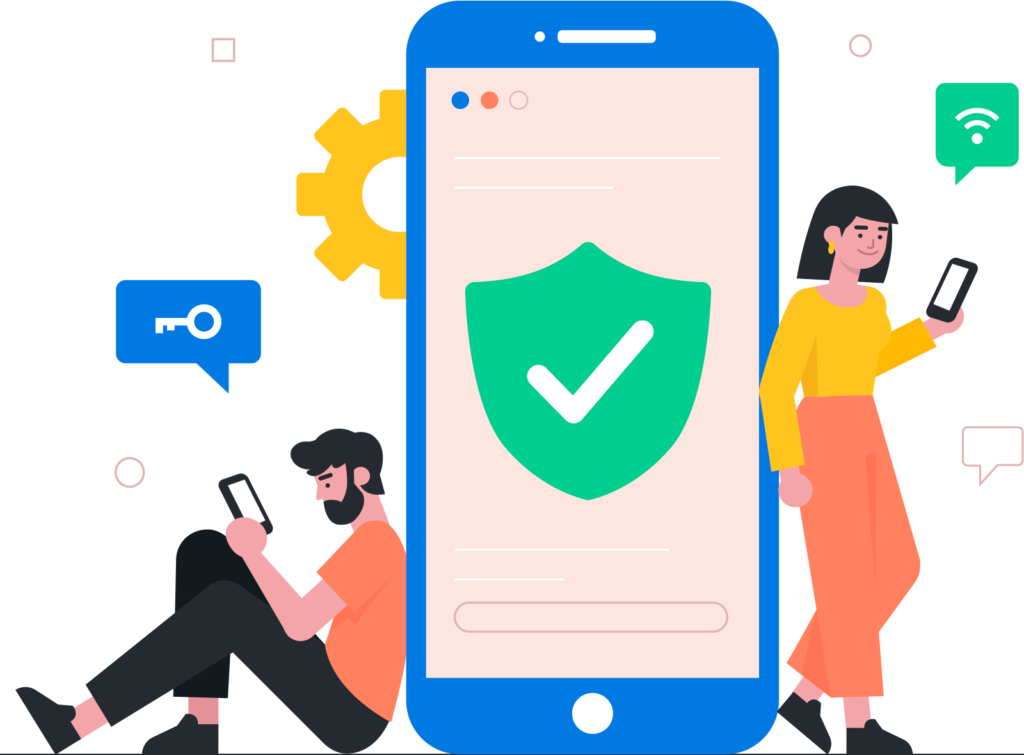Industries->Smart Water



In the era of interconnected devices, the Internet of Things (IoT) continues to transform various aspects of our lives. From smart homes to wearable gadgets, IoT is now making waves in an unexpected domain: the world of water. Smart Water, a groundbreaking application of IoT technology, is revolutionizing the way we monitor, manage, and consume water. By integrating sensors, data analytics, and connectivity, Smart Water promises to enhance water quality, promote sustainability, and improve overall water management.
IoT acts as the backbone of Smart Water, enabling seamless communication between devices and systems. By connecting water infrastructure, sensors, and data analytics platforms, IoT empowers stakeholders with real-time insights, facilitating informed decision-making, and resource optimization.
IoT technology is being applied in various ways within the realm of Smart Water, offering innovative solutions to address challenges in water management. Here are some key applications of IoT in Smart Water:
In conclusion, the implementation of smart water technologies holds immense potential for revolutionizing water management practices. By leveraging IoT devices, advanced sensors, and data analytics, we can achieve real-time monitoring, efficient resource allocation, and effective water conservation strategies. Smart water solutions not only enhance the accuracy of water quality assessment but also enable proactive leak detection, water usage optimization, and improved decision-making. With continued advancements and wider adoption of smart water technologies, we can pave the way for a sustainable and resilient water future. Let us embrace these innovations to ensure the efficient and responsible management of our most precious resource – water.
Software & Mobile Apps | Asset Tracking | Safety & Security | Transport | Sensors |
Water Billing Management System | RFID Tags / QR Codes | Bio Metrics | GPS Device Fleet Tracking | Automated Ph Sensors |
Vehicle Tracking System | RFID UHF Reader/ QR Code Reader | Face Recognition | Digital Billboard Wi-Fi | Automated Chlorine Sensor |
Citizen Grievance Management System |
| Camera | Fuel Sensor | Automated Turbidity Sensor |
Attendance Management System | Boom Barrier | PAS | Automated Ultrasonic Bulk Flow Meter | |
Asset Management System | Monitoring Device for Water Management |
http://www.ajeevi.com


Android Handheld UHF Reader
Automatic Boom Barrier
Automatic Number Plate Reader Camera
Bin Level Sensor
Bio Metrics Machine
Bullet Camera Live
Chlorine Sensor
Data Transmission Unit
Emergency Call Box
Environment Sensor
Face Recognition
Flood Sensor
Fuel Sensor
Galvanized Iron Pole
Gi-Pole
GPS
GPS-AIS140
Handheld HF Reader
Handheld UHF Reader
PTZ Camera
Public Address Speaker
Public Address System
Hydraulic Boom Barrier
IP Bullet Camera
IRIS
Magnetic Sensor
Network Rack
Network Video Recorder
Panic Button
Parking Entry Exit UHF Reader Vehicle Mounted UHF Reader
Passenger information systems
Ph Sensor
Refrigerator Sensor
RFID Tag – HF
RFID Tag – UHF
RFID Tag Metal – UHF
Smart Kiosk
Smart Pole
Soil Sensor
Drainage Sensor
Temperature Sensor
Turbidity Sensor
Ultrasonic Flow Meter Variable Sign Board Weigh Bridge Entry Exit Reader
Thanks for ” Downloading”, “Discovering”, “AJEEVI Products”, hit the submit button requisite information will be in your email box shortly.
Ajeevi Offer “Enterprise IoT Solutions” with in-house R&D, Capability of manufacturing IOT devices.
505, Tower A-1, Corporate Park
Noida 201301, Uttar Pradesh India
presales@ajeevi.com
+91-9654323500